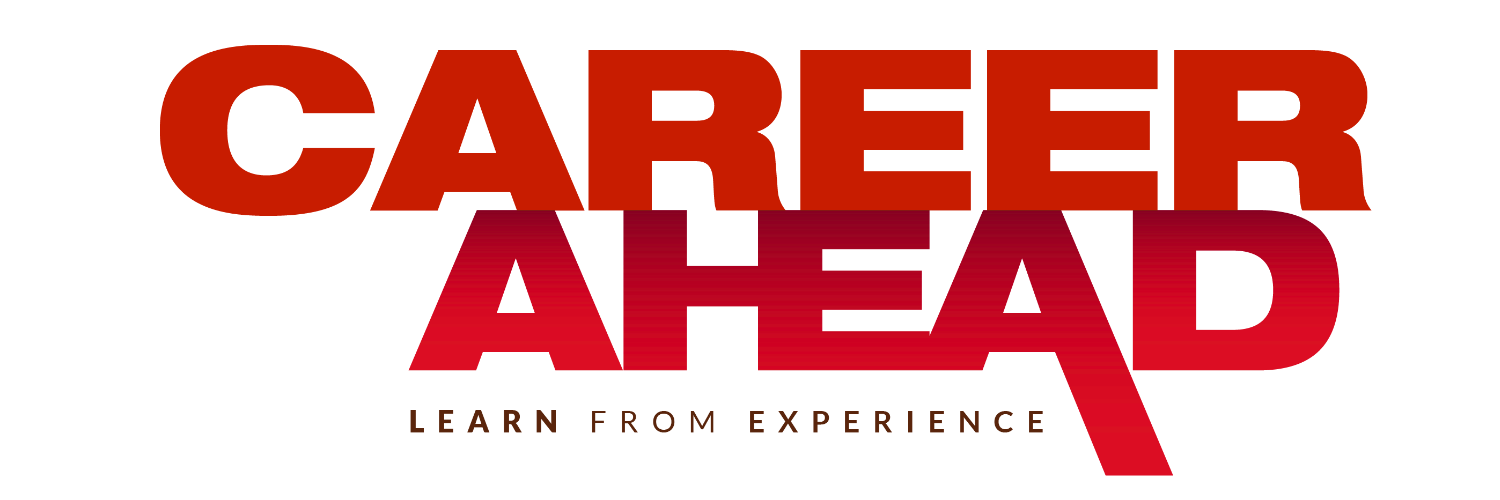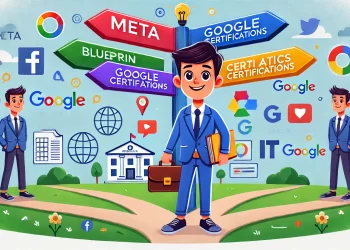No products in the cart.
Future Of Management
Göran Engberg delves into the future of management, discussing the impact of digitalization, remote work, and the shift towards a human-centric approach. He highlights the need for innovation and creativity in management processes to adapt to the changing business landscape.
Before we start talking about the future, let’s look at the history of management theories.
One of the first to introduce management theory was Frederick Winslow Taylor in 1909 with Scientific Management or Taylorism. At its most basic, his theory proposed for the simplification of jobs. By keeping things simple, he argued, productivity would improve. He also argued that managers and employees must work together. This was a new idea in the history of management. In the early-20th century, most companies still operated like dictatorships. The manager assigned the work, and the employee did it. In a way this has been the dominating way to manage organizations for decades.
The pandemic has propelled us into a new reality. It forced organizations to invent fresh solutions like working from home and / or remotely. The hybrid organization was introduced. Only in the US some 46 million people as resigned voluntary from their employment and wanted to find a way forward as self-employed. Research also shows that more than 85% leave their job because of a bad boss and not the company. The current management process is lagging and has not been updated to meet this new reality. Old fashioned management power base and structure are hindering much-needed creativity and innovation, based on the fact that we are now out of the pandemic and new forces are shaping the future of management.
Today, 65% of the world population belongs to what is called Millennials and Gen Y. Most of the managers belong to Gen X, born 1965 to 1980. Characteristic features of Gen X are that they focus on experiences, believe in themselves, and want personal recommendations before making decisions. Gen X uses computers more than any other generation, so they could be well prepared for the future.
I see four major driving forces for the future:
#1 Digitalization – the Pandemic has accelerated digitalization
#2 Working-Form-Home and / or remotely – the introduction of the hybrid organization
#3 The hunt for talent – now talent is recruited from all over the world
#4 Personal and business life has become one – which will now require a ‘Human-Centric Approach’
These forces are shaping the way we organize work today and in the near future.
Based on these forces I see three main platforms:
1) Traditional organization with a physical office. Co-workers are expected to come to the office and work from the office => Traditional Management Capabilities and structures.
2) Hybrid-Organization where co-workers and managers can decide themselves if they want to work remote or in the office. This are consequences for everyone in the organization. => A higher degree of digital capabilities and digital collaboration capabilities will be needed.
3) Value Creation in Metaverse and in other virtual worlds. The managers need to become fully digitalized and 100% immersed in digital capabilities. Almost zero physical conversation everything happens in the digital world. => Testing of new strategies and innovation, needs flexibility and creativity.
Further to this, I also see that the current form of capitalism, where we have optimized shareholder value, is no longer working and we are moving towards stakeholder value, meaning that companies need to provide value with a 360-degree view, and not only to one stakeholder – the shareholder. When we have stakeholder value as the main driver, we will develop a more human-centric approach. The transformation to a more human-centric approach is urgent and is also driven by climate change, which is far more severe than any of the other crises we have experienced.
We will also move away from traditional value chains to value networking, where we start to collaborate cross traditional industries. All this transformation must be led by a new form of management that will foster innovation, creativity, and sustainability and also what is best for the whole. Managers needs to move away from optimizing functional areas to optimizing the whole. 1+1 needs to be at least 3…. The surest signpost yet to how the future will evolve may be the penetration of the internet and the upgrade to 5G, the “most adaptable, innovative and engaging thing that human beings have created,” and in many ways, “the new technology of management” because it gives everyone a voice, distributes the tools of creativity widely, allows ideas to compete on an equal footing, decentralizes just about everything and encourages resources to follow the opportunities that will prevail.
With the term ‘internet’ I mean not only the world wide web but all that comes with digitization and the re-electrification of societies. Metaverse and web 3.0 are just two amazing new innovations that will change managers’ way of working and the competence they need to possess. A technology push has been and will always be the main driver for development. A manager who wants to be at the forefront will need to invest in their technological capability. Mastering all apps and tools that are in use and those that will be developed. Communicating independent of time and space will be normal, along with not meeting their team and co-workers who are part of their area of responsibility for extended periods. Effective and efficient communication will be more important than ever before. Value will be created independent of time and space and not from behind a desk in a special room dedicated to a manager. Lastly, while companies have worked hard on reinventing their business processes, few have devoted similar energy and imagination to reinventing their management processes. Here is my 5-item list of urgent actions needed to reinvent the management processes independent of size of the company:
1. Empower co-workers by managing less while retaining discipline and focus. Let the power of a shared vision guide decision making for all
2. Create a company with the spirit of a community that binds people together, not only direct employees but also all stakeholders
3. Build an enlarged sense of purpose that merits extraordinary contributions, promote co-workers that go the extra mile
4. Enrol everyone in the company as an innovator and explorer
5. Make sure that management’s hallowed beliefs do not strangle creativity and innovation; an organization is never stronger than its weakest link, and today the management is the weakest link.










